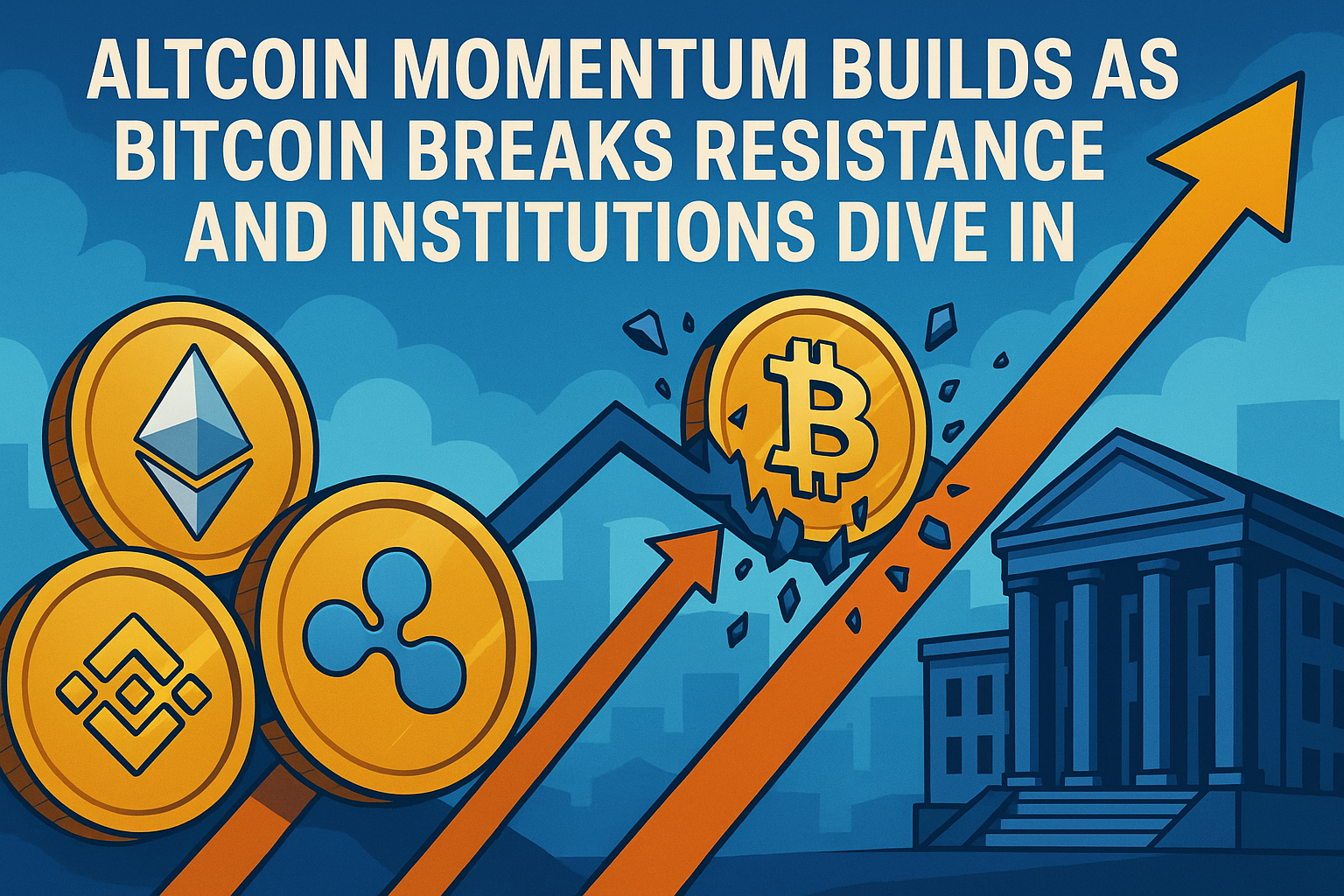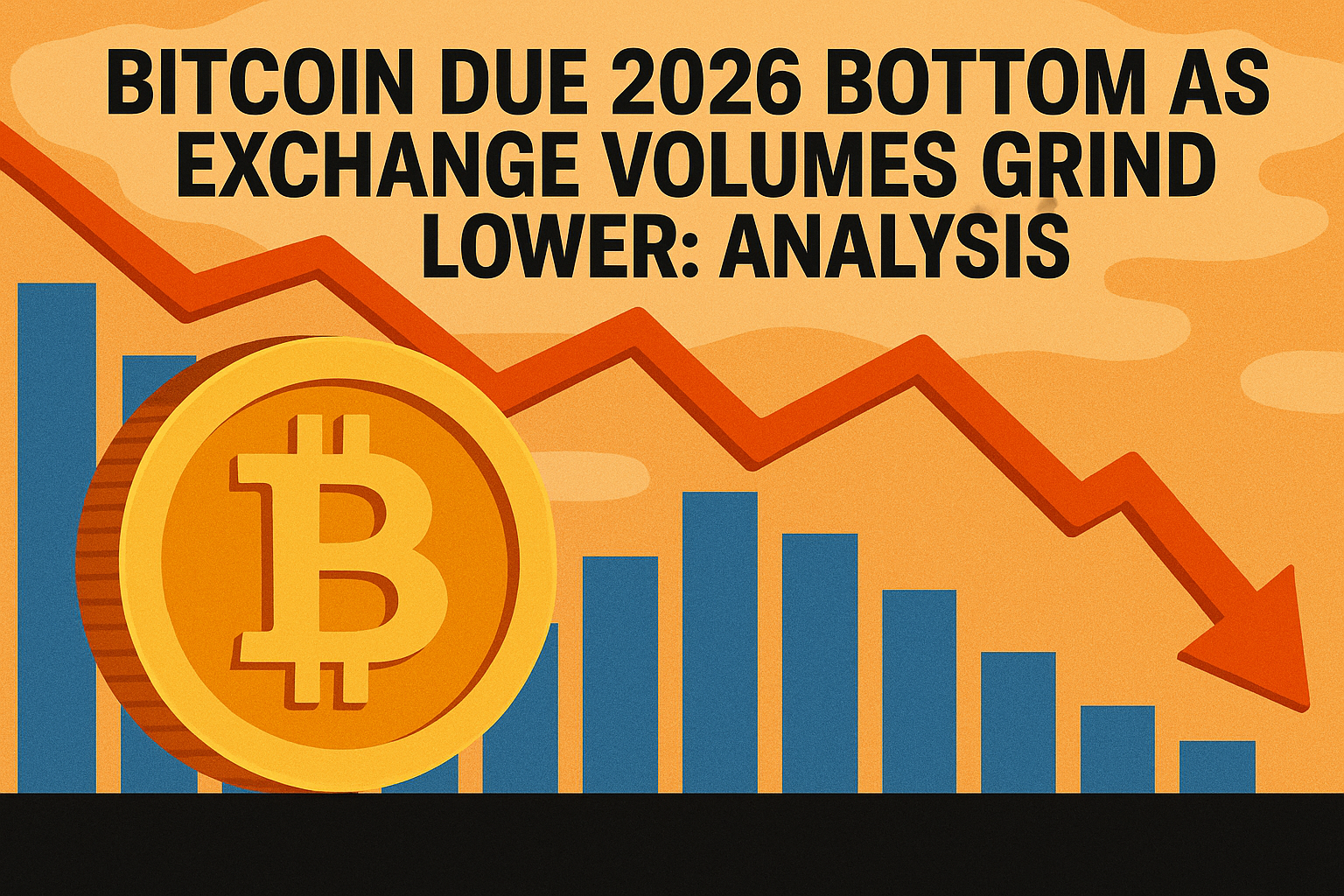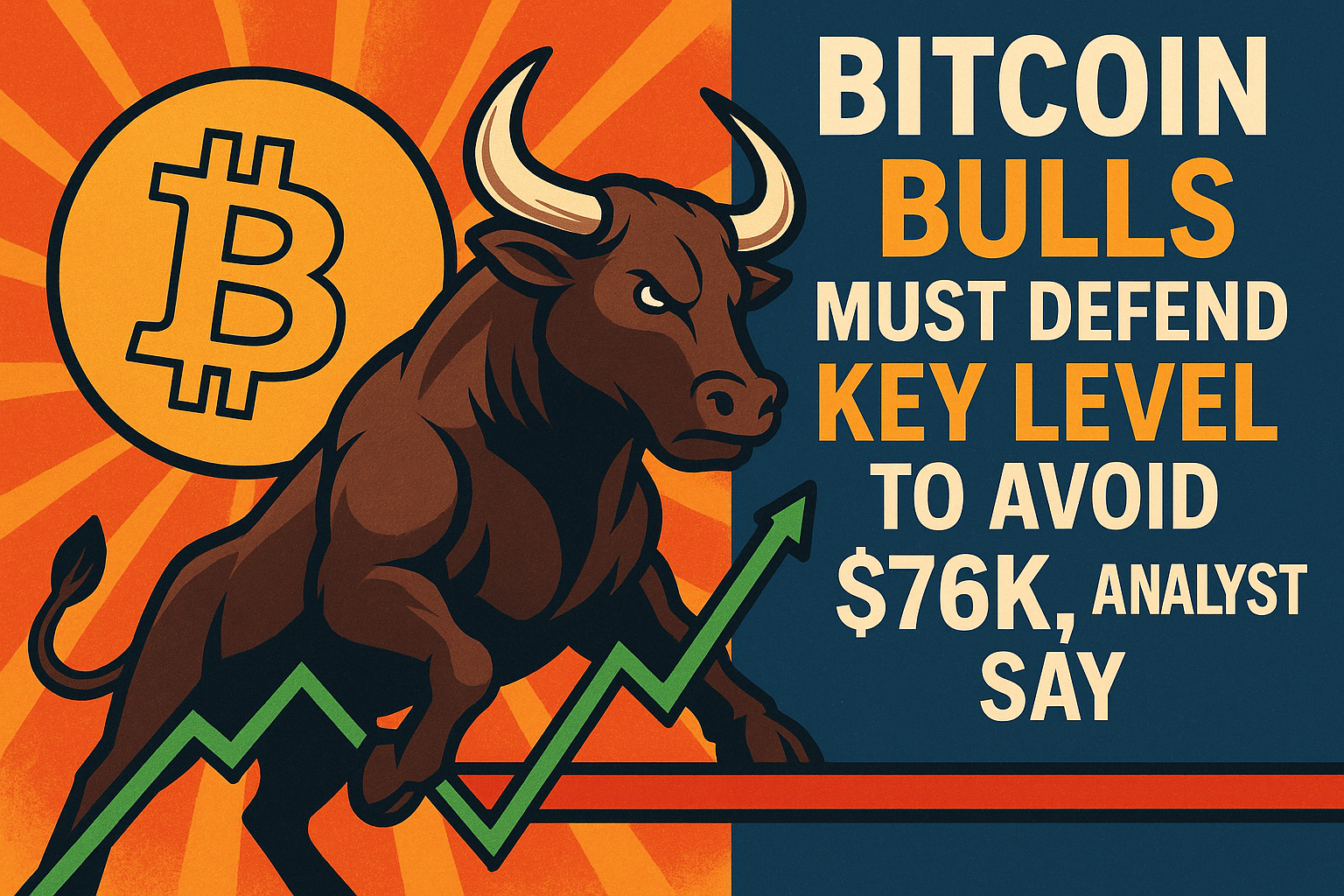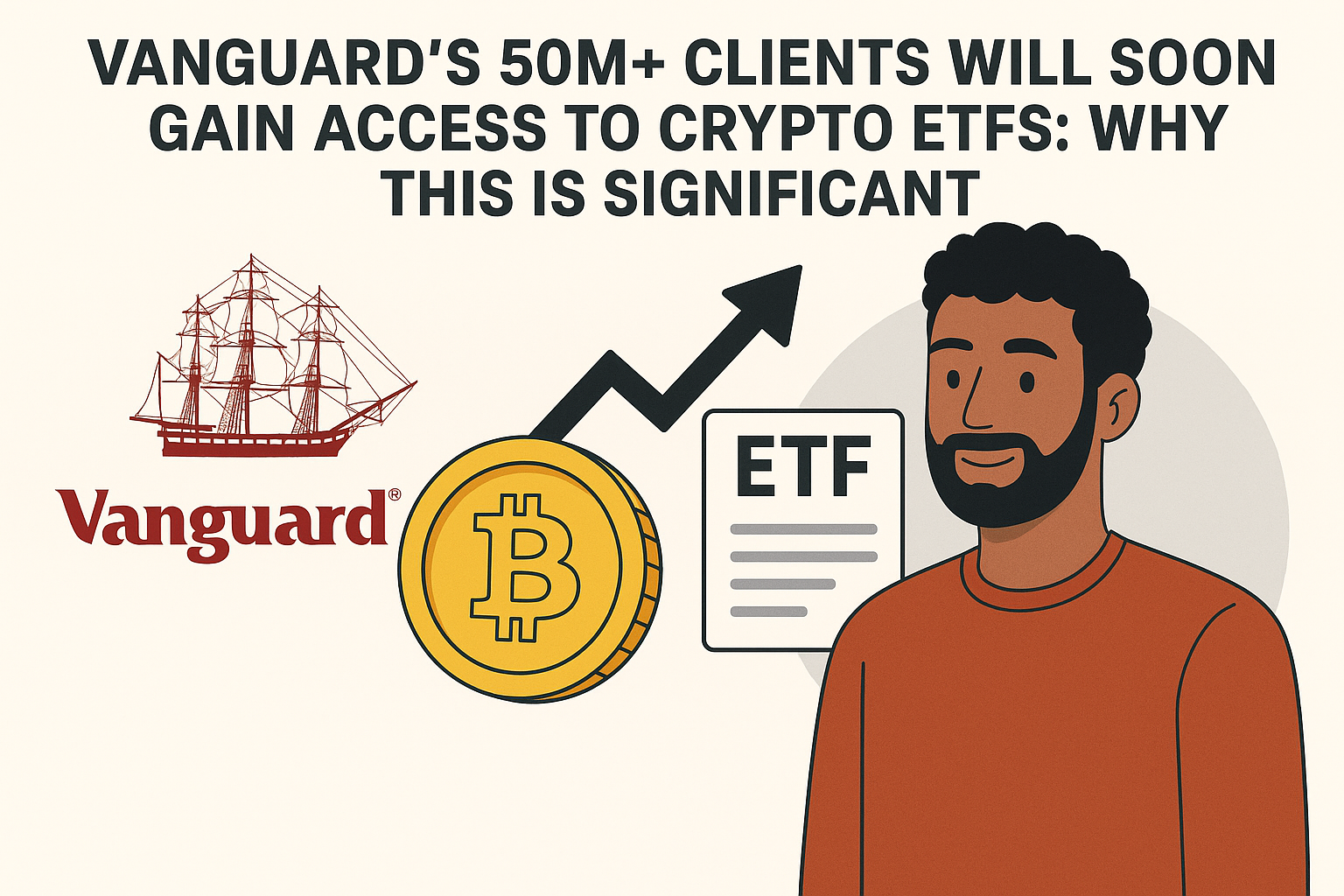Table of Contents
Jumping into the world of cryptocurrencies can feel like navigating a rapidly flowing river. For investors, one of the crucial paddles in the current is ensuring they check liquidity when picking a crypto exchange. Liquidity is a deciding factor in how swiftly and efficiently assets can be bought or sold at stable prices. But beyond individual exchanges, there's a bigger vessel appearing on the horizon: Bitcoin ETFs.
As these funds make their way into the mainstream financial ecosystem, the big question is—are Wall Street banks throwing their weight behind these innovative investment vehicles?

Navigating the Waters of Crypto Trading: Why Liquidity Matters
Understanding liquidity in cryptocurrency exchanges is like knowing the depth of water before diving in. High liquidity means more room to maneuver—traders can execute large-volume transactions without drastically affecting the asset's market price. It's a crucial element, as it mitigates the risk of price manipulation and enhances market stability. When choosing a crypto exchange, investors must examine the exchange's liquidity to ensure they aren't left high and dry during crucial trading moments.
Analogous to a bustling marketplace, the flow of buy and sell orders in highly liquid markets ensures that cryptocurrencies can be traded at any time without causing significant ripples in price. For the eager investor, this translates to a more predictable and possibly less hazardous journey through the volatile currents of cryptocurrency markets. Keeping a keen eye on this aspect can aid in harnessing the volatile nature of cryptocurrencies, potentially turning the challenges of the digital asset market into profitable opportunities.
Decoding the Bitcoin ETF: The Street Meets Digital Gold
A Bitcoin ETF (Exchange-Traded Fund) marries the flexibility of stock market trading with the booming interest in digital currencies. This type of fund tracks the price of Bitcoin, allowing investors to buy into the cryptocurrency without dealing with the intricacies of digital wallet security or exchange specifics. For the traditional investor, a Bitcoin ETF offers a familiar path to a notoriously unforgiving landscape. Despite their appeal, the reality is that Bitcoin ETF proposals have faced regulatory headwinds—with approvals and rejections painting a volatile picture for potential investors.
The Stance of Banking Giants on Cryptocurrency Funds
Traditionally, Wall Street banks have approached cryptocurrencies with a healthy dose of skepticism. But as digital currencies gain legitimacy and investor interest, these financial titans are slowly adjusting their compasses. Some are actively exploring the potential of backing Bitcoin ETFs, recognizing the blend of innovation and opportunity they present. Others are more cautious, weighing the regulatory considerations against the demand for crypto investments. Whatever their stance, these institutions play a massive role in establishing the infrastructure for such funds.
Risk Versus Reward: The Investment Calculus for Bitcoin-centric ETFs
As with any investment, weighing the risks against the potential rewards is a crucial exercise. Bitcoin ETFs are no different. While they might offer a convenient route into the cryptocurrency market for conventional investors, they also introduce a layer of complexity concerning price volatility and regulatory uncertainty. Prospective ETF investors must carefully assess how these funds fit into their broader investment strategy and whether the potential for high returns is worth the inherent risks associated with digital currency exposure.
Crafting a Secure Future: Regulation and the Path Forward
The intersection of Bitcoin and Wall Street is still under construction, with regulation being the cornerstone. As regulators around the world grapple with how to handle cryptocurrencies, their decisions will have profound implications for the backing of Bitcoin ETFs by traditional banks. Recent movements toward clearer regulations have been met with both optimism and caution. The evolving regulatory landscape will not only shape the future of crypto funds but will also play a pivotal role in solidifying investor confidence—potentially clearing the path for more robust backing from the world of Wall Street finance.
In conclusion, the relationship between Wall Street banks and Bitcoin ETFs is far from straightforward. With regulatory trends in flux and the financial sector's gradual warming to cryptocurrency, we are likely to see increased backing for these funds in the future. For investors, understanding the role of liquidity in crypto exchanges and the potential impact of Bitcoin ETFs is essential. Whether Wall Street’s banks will anchor themselves firmly within the crypto ETF market remains to be seen, but one thing is for sure—the waters of cryptocurrency investment are proving to be both deep and dynamic.






